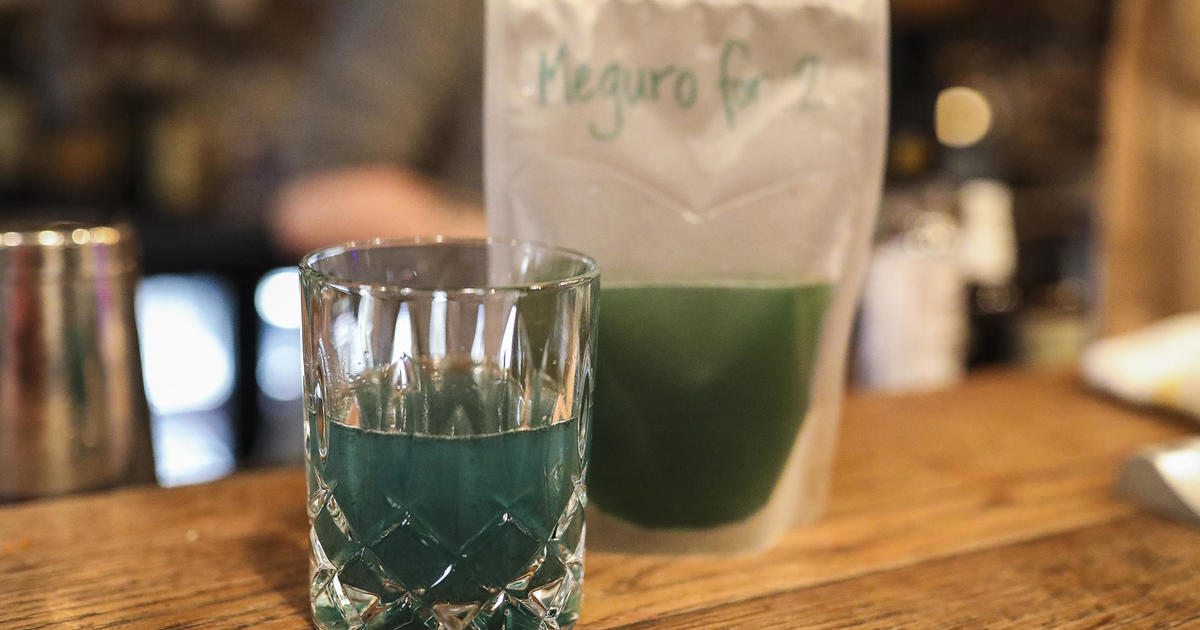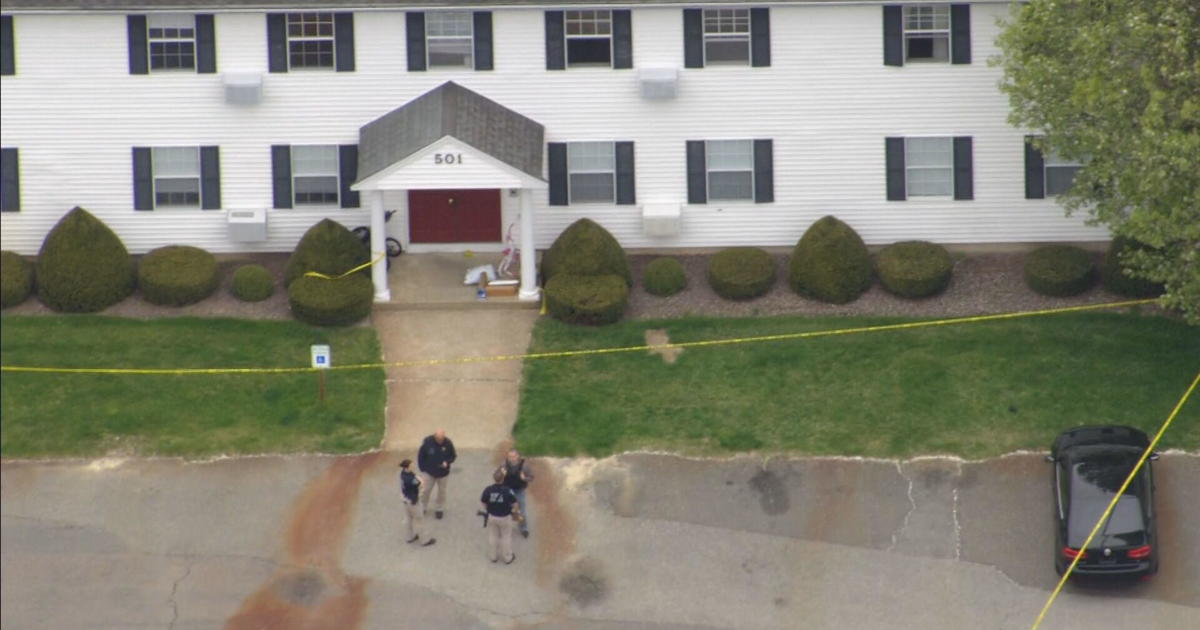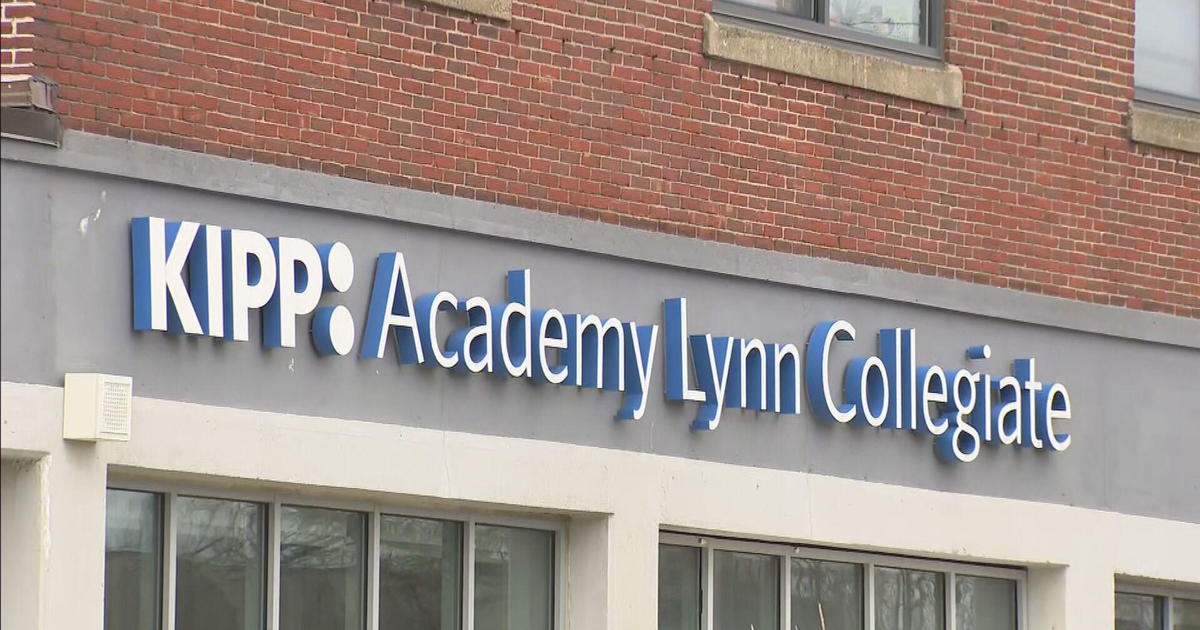'Sets back the medical industry': Legitimate bone collector condemns body part sale scheme
BOSTON - As more information comes to light about the alleged nationwide scheme that involved the sale of stolen body parts from the Harvard Medical School morgue, many are wondering: who bought the body parts, and for what use?
The indictments allege Katrina MacLean of Salem and Jeremy Pauley of Pennsylvania were among those who purchased human remains from morgues and either kept, collected, or resold them.
According to MacLean's since-deleted Instagram page and Pauley's Facebook page, both consider themselves "oddity" collectors. Oddity is a broad term that can describe taxidermy, bones, medical memorabilia, and vintage horror. MacLean's Instagram page advertised "bone art," and Pauley's Facebook offered sales of human skulls.
Believe it or not, selling human bones is legal in 47 states – excluding Louisiana, Georgia, and Tennessee. The problem in this alleged criminal conspiracy is that the remains sold were stolen and not the defendants' property to sell.
Other bones collectors say crimes like those alleged give legitimate bones collectors a bad reputation. "I in no way condone those actions," said Jon Pichaya Ferry in an interview with WBZ. Ferry owns Jon's Bones in New York. "I condemn it. I think it sets back the medical industry and the precedence of what educators, universities, and working professionals are doing. These bodies have to be handled with respect and dignity, and people that aren't willing to follow laws... to do it for the wrong reasons. I completely do not agree with it. It really sets back the work that we're trying to do at Jon's Bones about making it more successful, and further demonizes the industry at large."
Ferry's love of bones started at a young age when his father gave him a mouse skeleton. "Instead of presenting it as scary, creepy, and dark, he presented it to me as academic and educational, and that really pioneered my love for bones," he explained. The bones at his store are donated from retired or late medical professionals from their own research, and many are 50 to 100 years old.
"I think the first most important thing is to differentiate between the work that we do with retired medical specimens versus the current trade of body donation that we see within institutions," he explained. "We get all of our pieces from retired practitioners, mostly families where once a loved one that studied within the medical field unfortunately passes away. They'll reach out to us with a medical skull that the family or individual had studied with during their time in residency."
Those skulls then often get sold to other interested researchers, medical practitioners, or artists who like to study the human form to improve their craft, he says. "We've worked with everyone, from chiropractors to large scale universities, and even members of search and rescue," Ferry said. "These are individuals that purchase remains to teach dogs how to aid in lost bodies or body recoveries."
The human remains found as a part of the investigation into the nationwide conspiracy included more than bones, investigators say. There were also skin and brain parts sold.
If anyone believes they or a family member may have been affected by the investigation, call (717) 614-4249 or email usapam-victim.information@usdoj.gov .




